Science
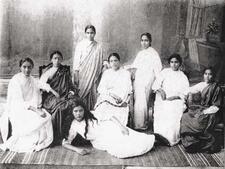
Bene Israel
Therese Benedek
Therese Benedek was among the pioneers of psychoanalysis, first in Germany and then in the United States. She developed expertise in psychosomatic medicine, sexual dysfunction, and family dynamics, but she is best known for her work on the psychosexual development of women.
Raissa L’vovna Berg
Raissa Berg worked was an eminent geneticist until Soviet Russian policies forced her out of her job. Nevertheless, she continued her research at home, eventually discovering “correlative Pleiades” in plants, and later contributed significantly to the reestablishment of the scientific field of genetics in Russia during her brief reinstatement. After emigrating to the United States, Berg remained active until her death in 2006.

Fanny Berlin
A courageous, motivated pioneer in medicine, in the late 1800s Fanny Berlin became one of the first Jewish women to practice surgery in the United States and the respected chief surgeon of a major hospital.
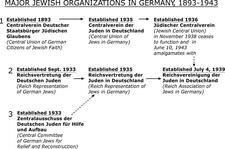
Cora Berliner
Cora Berliner was an economist and social scientist who held leadership positions in several major Jewish organizations in Germany between 1910 and 1942. These organizations included the Association of Jewish Youth Organizations in Germany, the Reich Representation of German Jews, and the League of Jewish Women.
Jessie Bernard
Sociologist Jessie Bernard’s feminist epiphany came at age 67 in 1969, but her earlier work anticipated feminist theory by discussing the differences between men’s and women’s experiences and arguing that quantitative studies did not accurately represent women’s stories.

Miriam Bernstein-Cohen
Miriam Bernstein-Cohen was an influential actor, director, poet, and translator in Europe and Israel. She was a versatile actor, appearing successfully both in comedies and in serious plays with the Ohel, Matateh, and Haifa Municipal Theater companies. In addition to her theater work, she wrote books and essays on theater and literature throughout her life.
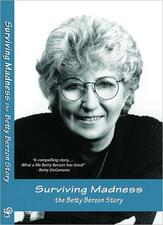
Betty Berzon
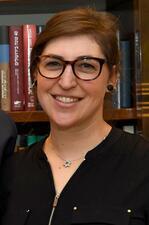
Mayim Bialik
Mayim Bialik is most famous for starring as the titular character in the early 1990s series Blossom and, in the 2010s, on Big Bang Theory as Amy Farrah-Fowler. She is also known for being one of the few observant Jewish actors in Hollywood and for holding a PhD in Neuroscience from UCLA.
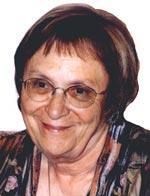
Yehudith Birk
In 1977, biochemist Yehudith Birk became the first woman to serve as a dean at the Hebrew University. An internationally renowned scientist for her studies of legume seed proteins and proteinase inhibitors, she won the 1998 Israel Prize for agricultural research.
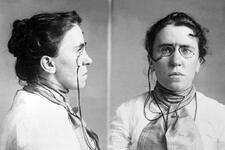
Birth Control Movement in the United States: 1912-1960
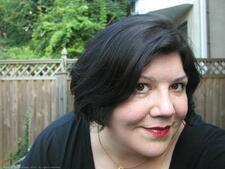
Hanne Blank
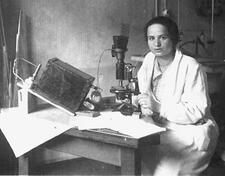
Marietta Blau
German physicist Marietta Blau joined the Institut für Radiumforschung, where she developed an emulsion technique for recording the tracks of particles that allowed her to detect neutrons and observe nuclear disintegration caused by cosmic rays. Forced to emigrate in 1938, worked for the US Atomic Energy Commission and later taught at the University of Miami. Throughout her career, she faced discrimination for her religion and gender and was denied paid work.
Miranda Bloch
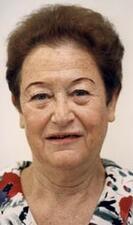
Batsheva Bonne-Tamir
Batsheva Bonne-Tamir (1932-2020) was one of the first human population geneticists in Israel. She is mostly known for her studies on genetic markers and genetic diseases among the Samaritans.
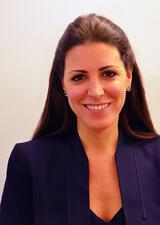
Sivan Borowich-Ya'ari
Anna Pavitt Boudin
A dentist by career, Anna Pavitt Boudin is remembered for her prominent role in the American’s Women ORT. While maintaining her own private dental practice, Boudin became the founding president of Women’s American ORT, an organization that grew to be one of the largest Jewish women’s organizations in the United States.
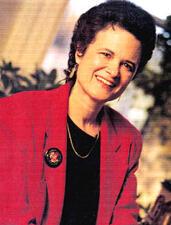
Renee Brant
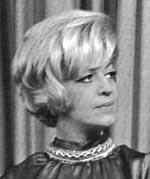
Brazil, Contemporary
Brazil is home to the second largest Jewish community in South America. Jewish women played important roles in the absorption of Jewish immigrants from Europe, the Middle East, and North Africa, and also made important contributions to Brazilian intellectual and artistic life.
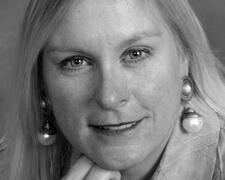
Lainie Breaux
Elsie Oschrin Bregman
Psychologist Elsie Oschrin Bregman’s pioneering research changed how psychologists measured intelligence. Her research ranged from measuring intelligence in saleswomen to army recruits.
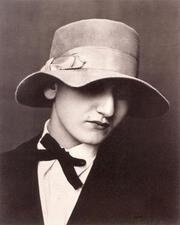
Anita Brenner
Anita Brenner, an anthropologist, journalist, and art historian, was born in Aguascalientes, Mexico, to Jewish immigrants from Latvia and grew up in Mexico and Texas. She was an important part of the Mexican Renaissance cultural scene, and the internal tension she experienced as Mexican, American, and Jewish provided her with insight into both Mexican and Jewish identity.
Varvara Alexandrovna Brilliant-Lerman
Varvara Brilliant-Lerman was a well-known plant physiologist in Russia, whose main works were devoted to the physiology of photosynthesis. She took advantage of the increased ability of women to have careers in science due to the Bolshevik revolution in 1917, teaching at several institutions in Russia. Brilliant continued teaching and researching until her death in 1954.
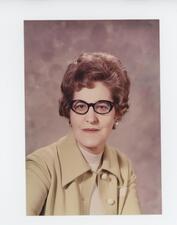
May Brodbeck
May Brodbeck, whose career in the sciences ran the gamut from teaching high school chemistry to exploring fundamental philosophical questions about the nature of human consciousness, was among the foremost American-born philosophers of science.
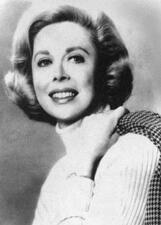
Joyce Brothers
Joyce Brothers was the second person and only woman to win the top prize on the popular television show The $64,000 Question. She became a popular psychologist and talk show host. Brothers conformed to normative understandings of 1950s womanhood but, unlike others, she gave advice about taboo topics such as sexuality and menopause.


